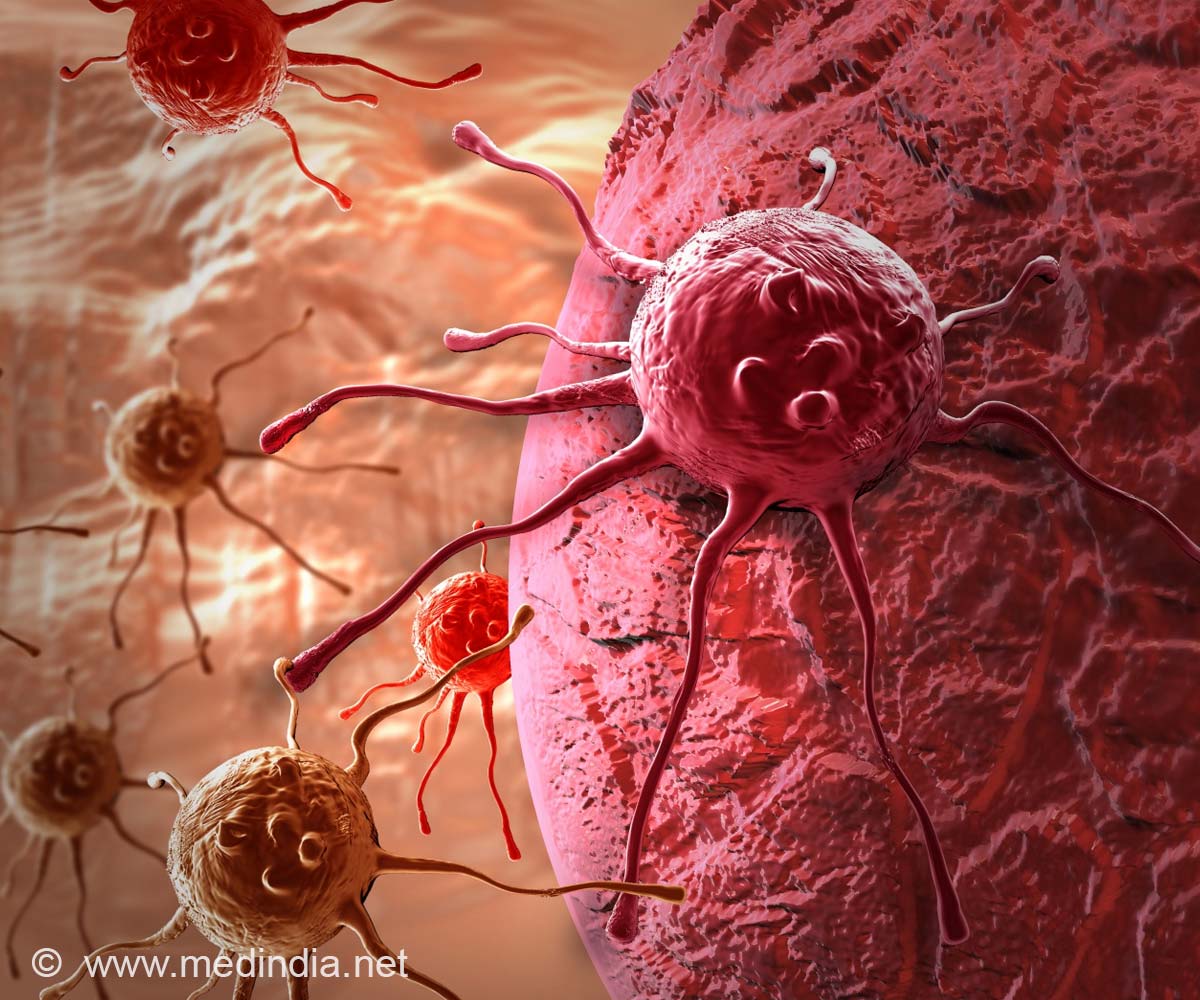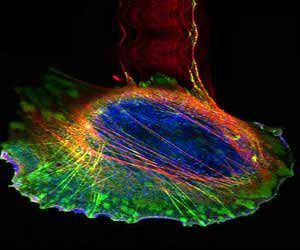Experts identified a completely new mechanism that further enhances the activity of the molecular switch called K-Ras connected to growth of cancer cells.

The molecular switches regulating human cell growth do a great job of replacing cells that die during the course of a lifetime. But when they misfire, life-threatening cancers can occur.
The research focused on a molecular switch called K-Ras. Mutated versions of K-Ras are found in a number of cancers and these mutations lock the K-Ras switch in the on position.
"When K-Ras is locked in the on position, it drives cell division, which leads to the production of a cancer," said the study's senior author John Hancock from The University of Texas Health Science Centre at Houston.
"We have identified a completely new molecular mechanism that further enhances the activity of K-Ras," Hancock said. The study focused on the tiny electrical charges that all cells carry.
"What we have shown is that the electrical potential (charge) that a cell carries is inversely proportional to the strength of a K-Ras signal," Hancock said.
Advertisement
Initial work was done with human and animal cells and findings were subsequently confirmed in a fruit fly model.
Advertisement
Source-IANS














